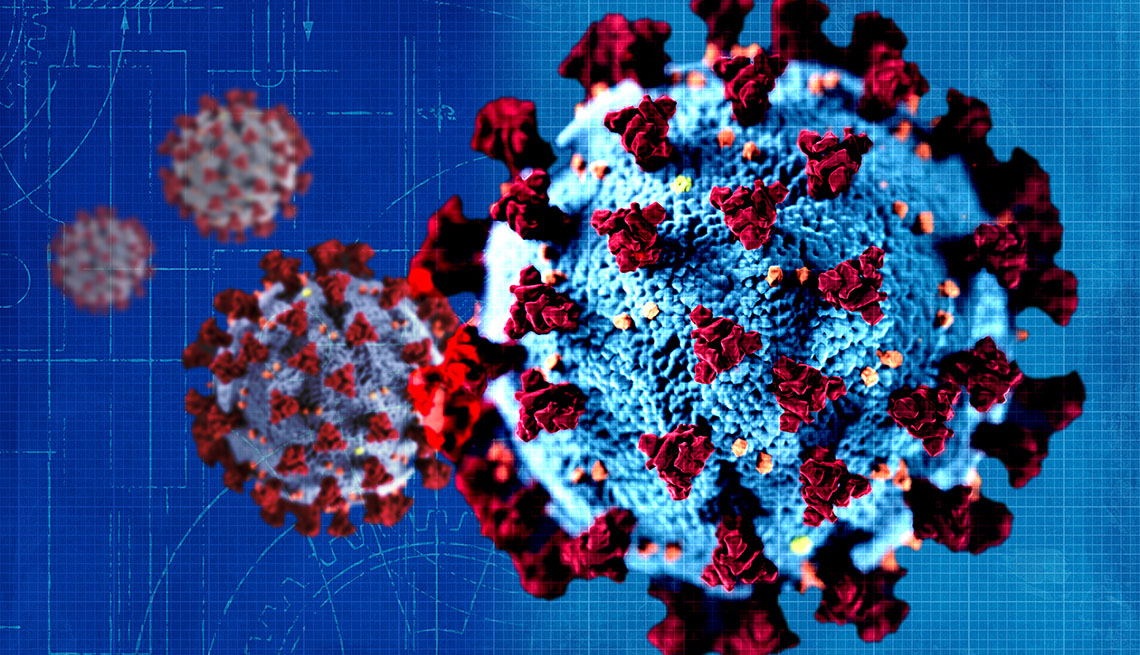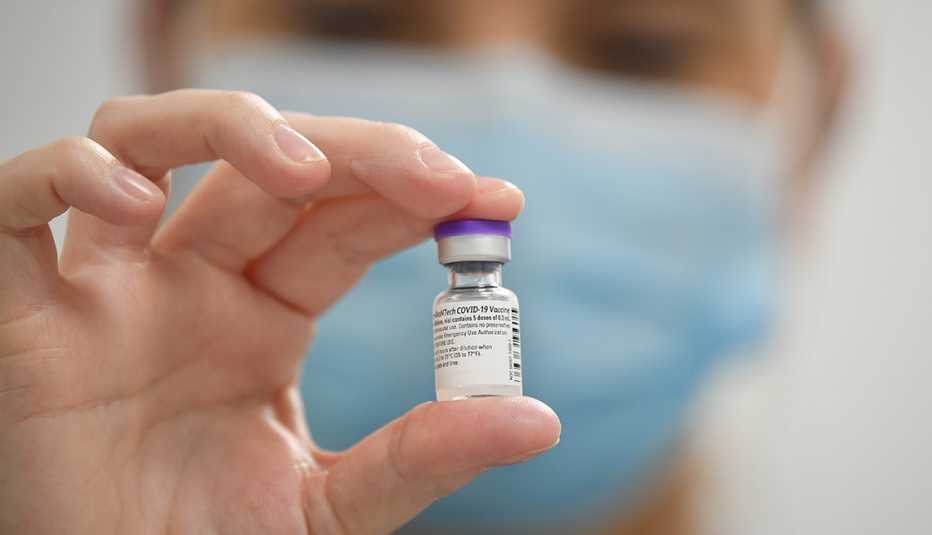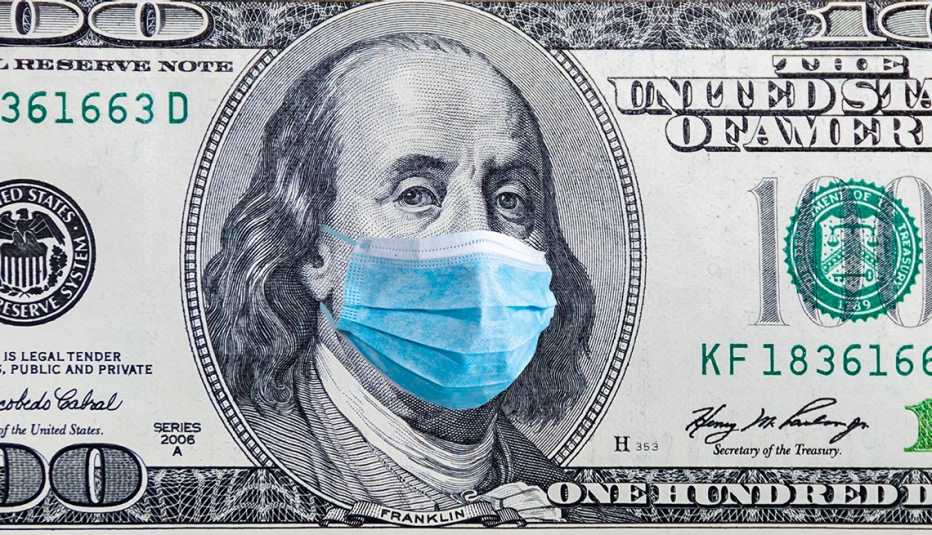AARP Hearing Center
Cases of COVID-19 are once again on the rise in the U.S., with close to 100,000 new infections being reported daily. And a new strain of the coronavirus is at the center of this summer surge.
All viruses mutate and they mutate often, says Andrew Pekosz, professor of molecular microbiology and immunology at the Johns Hopkins Bloomberg School of Public Health. But when a mutation causes a virus to change its behavior — maybe the virus becomes more contagious or more lethal than previous versions — it gets classified as a variant.
Delta — the World Health Organization (WHO) names coronavirus variants after Greek letters — is the latest variant of concern in the U.S. Here's what you need to know about it.
1. Delta is spreading quickly
One thing that sets the delta variant apart from other coronavirus strains is the speed at which it's spreading. In just a few months’ time, the delta variant went from being nonexistent in the U.S. to now making up the vast majority (about 83 percent) of new COVID-19 cases, according to data from the Centers for Disease Control and Prevention (CDC).
It's a pattern that's played out in other countries, as well — most notably India, where delta was first identified, and the United Kingdom. “As soon as [the delta variant] enters a country, it starts a real upward trajectory and eventually becomes the dominant virus, or at least the majority of virus circulating in that country,” Pekosz says. “So that’s telling us that there’s something about this virus that’s making it better to transmit in the population, because it’s given [other variants] a head start, and it’s still able to catch up and overtake them in terms of the numbers of infected people.”
2. Delta may cause different symptoms
Some reports suggest that the delta strain could cause different symptoms than other variants. A U.K. study that tracks COVID-19 symptoms through an app, for example, reported a change in the top-ranked symptoms since delta starting dominating.
Cold-like symptoms, including headache, runny nose and a sore throat, now top the list in the ongoing study, while more traditional COVID-19 symptoms — loss of smell, shortness of breath, fever and persistent cough — have since moved down. And doctors in the U.S. are noting a similar trend, especially in areas that have some of the highest rates of delta cases, NBC News reports.
One possible explanation for the shake-up in symptoms: Younger people are less likely to get severe disease from a coronavirus infection than older adults, says Lisa Gralinski, an assistant professor of epidemiology at the University of North Carolina's Gillings School of Global Public Health. They are also less likely to be vaccinated. About 80 percent of Americans 65 and older are fully vaccinated, whereas about 8 percent of 18- to 24-year-olds and about 20 percent of 25- to 39-year-olds are fully vaccinated.





































































